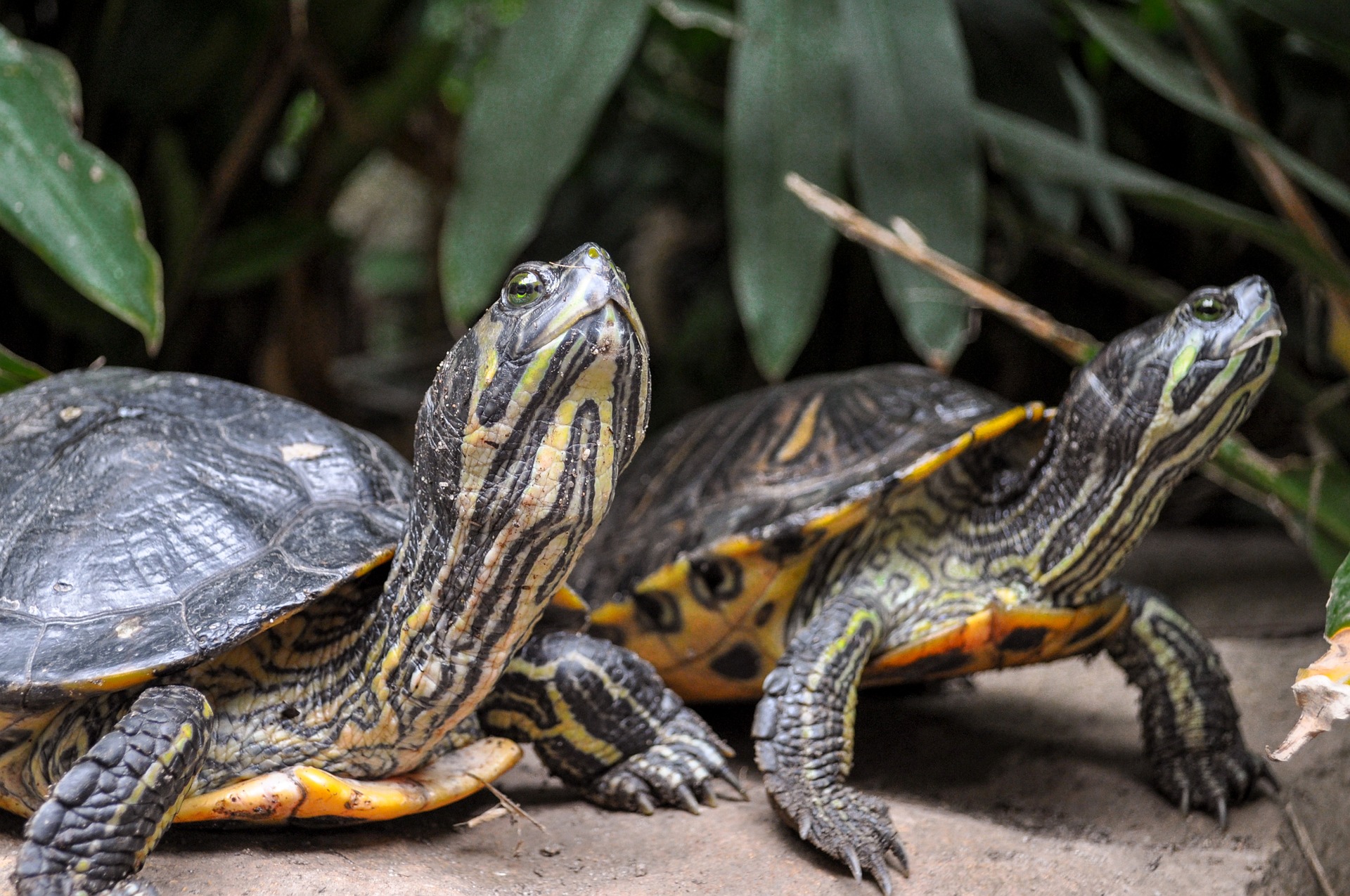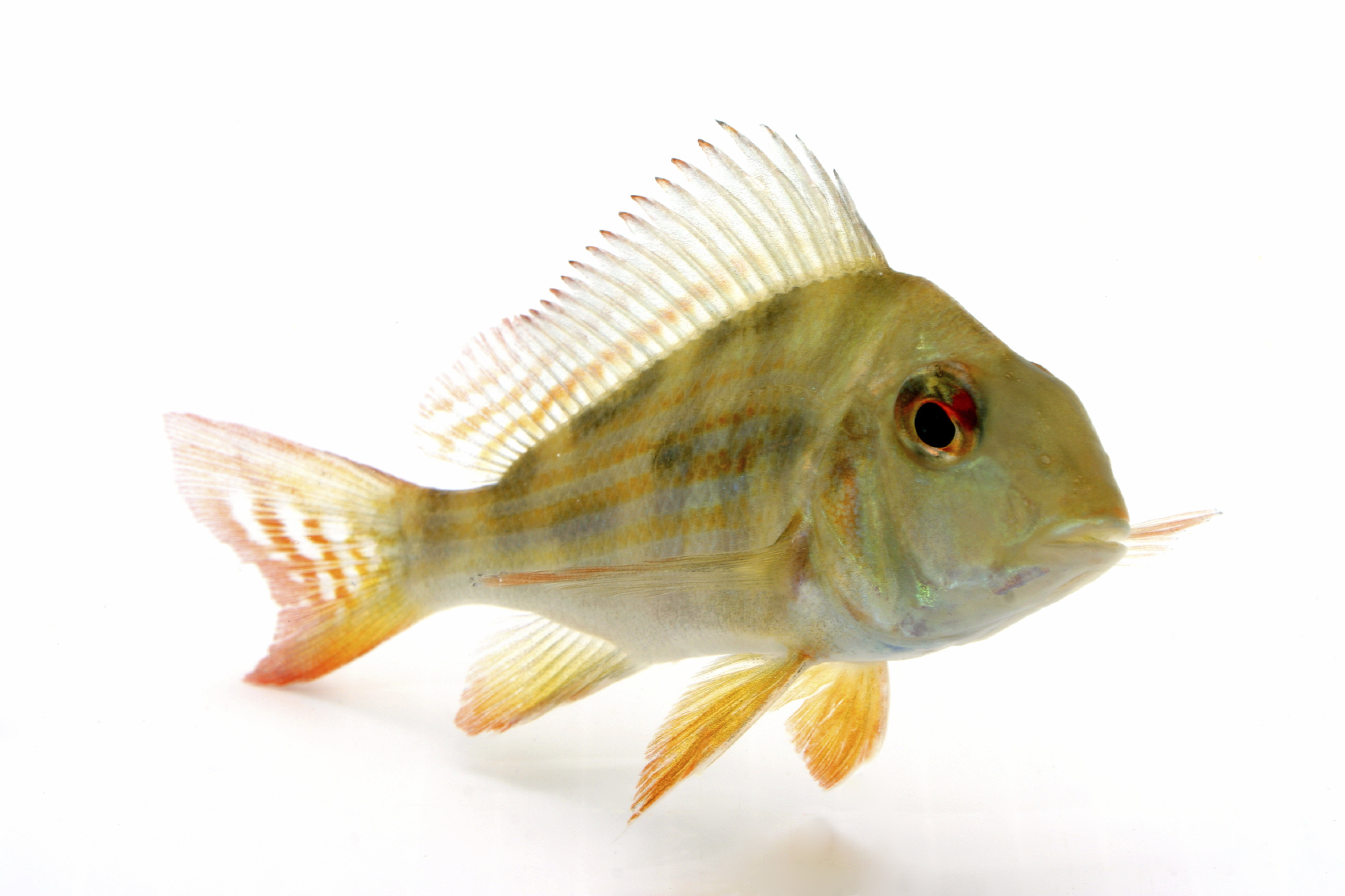World Animal Day - October 4th
Posted by The Fluker's Team on Oct 1st 2024
World Animal Day is a day celebrated annually on October 4th and recognized internationally for animal rights and welfare. This is a global effort to try to make the world a better place for all animals. It is a day dedicated to recognizing the importance of animals in our lives and the need to protect and care for them. Everyone can be part of something special. Even a small act can raise awareness and make a difference. Together, we can create change.
How Can I Contribute on World Animal Day?
Animals (and Insects) play a crucial role in our ecosystems and our lives. They provide us with food, companionship, and even help in scientific research. However, many animals are facing threats such as habitat loss, poaching, and other factors that endanger their populations.
On World Animal Day, people come together to raise awareness about these issues and to promote compassion and respect for animals. It is a day to celebrate the diversity of animal life on our planet and to highlight the importance of protecting and preserving their habitats.
There are many ways one can get involved in World Animal Day. You can volunteer at a local animal shelter, donate to conservation organizations, or simply educate yourself and others about the plight of animals around the world. By taking action, you can make a difference in the lives of animals and help ensure a better future for them.
At Fluker's, we want to take this opportunity to share and educate our readers of the many organizations that focus on the care and conservation of reptiles, amphibians, and fish and give awareness of the importance of insect farming. Some of the prominent organizations include:
Reptiles and Amphibians

United Association of Reptile Keepers USARK:
The United States Association of Reptile Keepers (USARK) is a science, education and conservation-based advocacy for the responsible private ownership of, and trade in reptiles and amphibians. We endorse caging standards, sound husbandry, escape prevention protocols, and an integrated approach to vital conservation issues. Our goal is to facilitate cooperation between government agencies, the scientific community, and the private sector in order to produce policy proposals that will effectively address important husbandry and conservation issues. The health of these animals, public safety and maintaining ecological integrity are our primary concerns.
World Wildlife Fund (WWF):
Our mission is to build a future in which people live in harmony with nature. To deliver this mission, we work to conserve and restore biodiversity, the web that supports all life on Earth; to reduce humanity's environmental footprint; and to ensure the sustainable use of natural resources to support current and future generations.
Turtle and Tortoise Preservation Group (TTPG):
The mission of the Turtle and Tortoise Preservation Group (TTPG) is to ensure survival of the world’s turtles and tortoises through captive breeding.
Fish

The Ornamental Aquatic Trade Association (OATA):
Our aim is to enhance the reputation of the industry by promoting the benefits derived from it, setting high standards, providing good education and training, and encouraging responsible ownership and enjoyment among fish keepers.
Insects
The North American Coalition for Insect Agriculture (NACIA):
A non-profit organization that advocates for the growth and development of insect agriculture in North America. Insect agriculture, also known as entomophagy, is the practice of farming and consuming insects for food and feed purposes. NACIA promotes the use of insects as a sustainable and environmentally friendly source of protein and nutrition.
The organization works to raise awareness about the benefits of insect agriculture, including its potential to address food security issues, reduce greenhouse gas emissions, and conserve natural resources. NACIA also supports research and development efforts in the field of insect farming and promotes the collaboration among stakeholders in the insect agriculture industry.
By advocating for the integration of insects into our food systems, NACIA aims to promote a more sustainable and resilient agricultural sector while also providing a nutritious and alternative source of protein for human and animal consumption. The organization plays a crucial role in advancing the acceptance and adoption of insect agriculture in North America and beyond.
The mission of the North American Coalition for Insect Agriculture is to encourage positive use of farmed insects in North America.
The Center for Environmental Stability through Insect Farming (CEIF):
A non-profit organization dedicated to promoting the use of insect farming as a sustainable solution for environmental issues. The organization focuses on the potential of insect farming to address food insecurity, reduce waste, and provide alternative sources of protein.
CEISF conducts research, education, and advocacy to raise awareness about the benefits of insect farming and to support the initiatives that contribute to environmental stability. They work with various contributors, including policy makers, researchers, farmers, and consumers, to promote the adoption of insect farming practices that can help create a more sustainable food system.
By highlighting the environmental benefits of insect farming, such as its low resource requirements, high feed conversion efficiency, and reduced greenhouse gas emissions, CEISF aims to encourage the integration of insects into agriculture and food production. Their efforts contribute to the development of innovative solutions for achieving environmental sustainability and food security goals.
The goal of the Center is to provide high quality research that meets the needs of industry. So the industry, in turn, can use that knowledge to further explore the use of insect ingredients, with suitable regulatory approvals, as feed for animals, food for humans and a sustainable resource for agribusiness.
Entomological Society of America (ESA):
A professional organization dedicated to the study and advancement of entomology, which is the scientific study of insects. Founded in 1889, ESA is one of the largest organizations in the world serving the professional and scientific needs of entomologists and individuals interested in the field of entomology.
ESA's mission is to promote excellence in entomological research, education, and outreach, as well as foster cooperation and collaboration among entomologists and related disciplines. The society provides a platform for entomologists to share knowledge, research findings, and best practices through conferences, publications, and networking opportunities.
ESA offers various programs, resources, and initiatives to support entomologists at all career stages, from students and early career professionals to established researchers and educators. The society also advocates for the importance of insect science in addressing global challenges such as food security, public health, biodiversity conservation, and sustainable agriculture.
Overall, the Entomological Society of America plays a vital role in advancing the field of entomology, promoting insect research, and raising awareness about the significance of insects in ecosystems and the human society.
ESA has nearly 7,000 members affiliated with educational institutions, health agencies, private industry, and government. Members are researchers, teachers, extension service personnel, administrators, marketing representatives, research technicians, consultants, students, pest management professionals, and hobbyists.

Conclusion
So, this World Animal Day, let's come together to show our love and appreciation for the animals that share our planet. Let's work towards creating a world where all animals are treated with kindness and respect. Let's work as one to ensure a brighter future for all living creatures, including our less thought of insects, fish, reptiles, and amphibians.
These organizations work tirelessly to raise awareness about the importance of reptiles and insects in our ecosystems and the threats they face. By supporting their work through donations, volunteering, or spreading awareness, you can help ensure a better future for these fascinating and often misunderstood creatures.
If you are interested in acquiring more knowledge of Fluker's recommendations for reptile care and instructions on how to care for our feeder insects, check out our care sheets and video tutorials to learn more. We also want to educate our readers on the proper disposal of live insects so we keep our ecosystem in tact.

